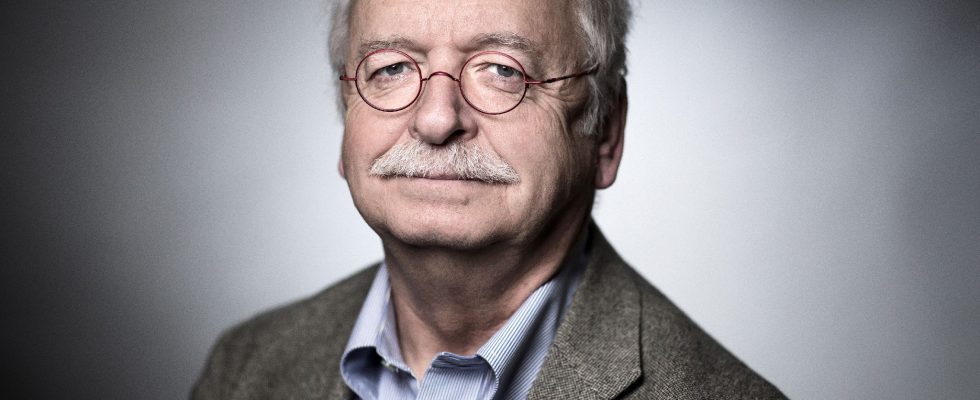One day, a woman pushes open a door. She has an appointment. She doesn’t know that this meeting will change her life. One day, this woman said to herself: why not? I’m tense and tired, so why not? And she opened the door to a massage parlor. Someone took care of her. Care of this character that everyone, including her, had forgotten: her body. Not just some of the details of this body, where we wash it, for example, where, at best, we make it come. No, his entire body. This is how this woman understood who she was meeting with: herself. This woman thanked: so many people will have lived their entire lives without ever meeting. She thanked. And she came back. And of course, his life changed. Or, rather, his life, his own, could finally begin. This woman’s name is Souheila. Until this show, everything was going well for her. Or rather, nothing was wrong. But on this day, the hour of revelations begins. And plunges her into the unhealthy world of image traffickers. And then a man shows up. So alive… You will understand that it is not so easy to accept it.
Mazarine’s mirror tale is a scalpel
Mazarine Pingeot’s latest novel is a tale. In the best, and so fertile, tradition of the eighteenth century. A tale with precise and courageous writing. A tale, that is to say a mirror. A mirror that does not lie and does not hesitate to tell us our four truths. Beware of mirrors, said Cocteau, they reflect. Mazarine’s mirror tale is a scalpel. And proof that a scalpel can be the most benevolent of friends when it rids you of the greasy comfort of pretense. Be careful, Mazarine’s company is dangerous. You, and your “couple”, risk not emerging unscathed from the walk she offers you. Is it really “love” that makes you “last” “together”? They say that massaging relaxes. There are even customers who fall asleep as soon as they lie down on the table.
Mazarine’s words are hands that awaken the faith of an old reader accustomed to many surprises. His sentences wander over our bodies, I mean our existences. They press where it hurts, and worse, where it doesn’t do anything and yet it should. We find, in all of Madame Pingeot’s writings, this same, double, formidable and, to put it bluntly, dizzying paradox. His intelligence, acute, oh so, is tender. Let’s call her “kind”, to use this out-of-fashion word, whereas “kindness” is audacity, the sign of chivalry. And his vigilance, never faulted, is sensual. In his living room, I mean in his books, we also practice acupuncture. We prick, in passing, all the energy points. Proof that you don’t need to turn stupid, stupid, to have fun. Quite the contrary. The awareness of abandonment adds salt to abandonment.
Given my age, it would be better not to delay too much
And thank you for the idea, Mazarine! Since I have lived in the thirteenth arrondissement of Paris, where these pharmacies abound, I will, in my turn, finally dare to push the door. Because I too have an appointment with me. Given my age, it would be best not to delay too long.
Eternal regrets, we read on so many tombs. Until now, I had not understood that these regrets are not those of survivors who have lost a loved one. They are first of all those of the dead, who despair at not having lived. Too late, old man! Had to read The massage parlor !
The massage parlor, by Mazarine Pingeot. Mialet-Barrault Edition, 320 p., €21.
*Erik Orsenna, essayist, biographer and novelist (Goncourt 1988 for The Colonial Exhibition) has been a member of the Académie française since 1998.
